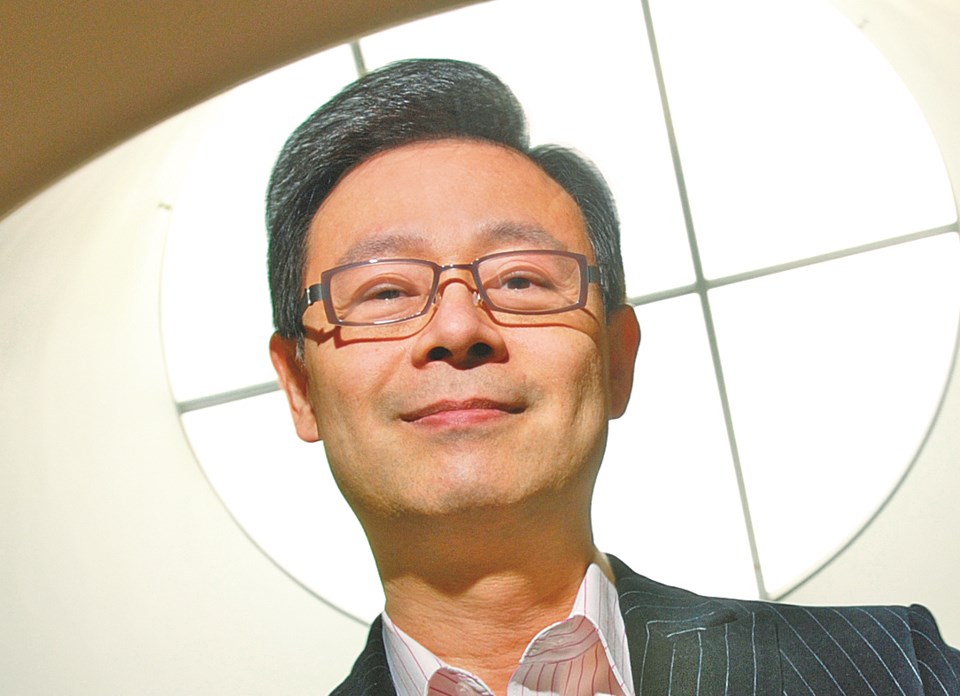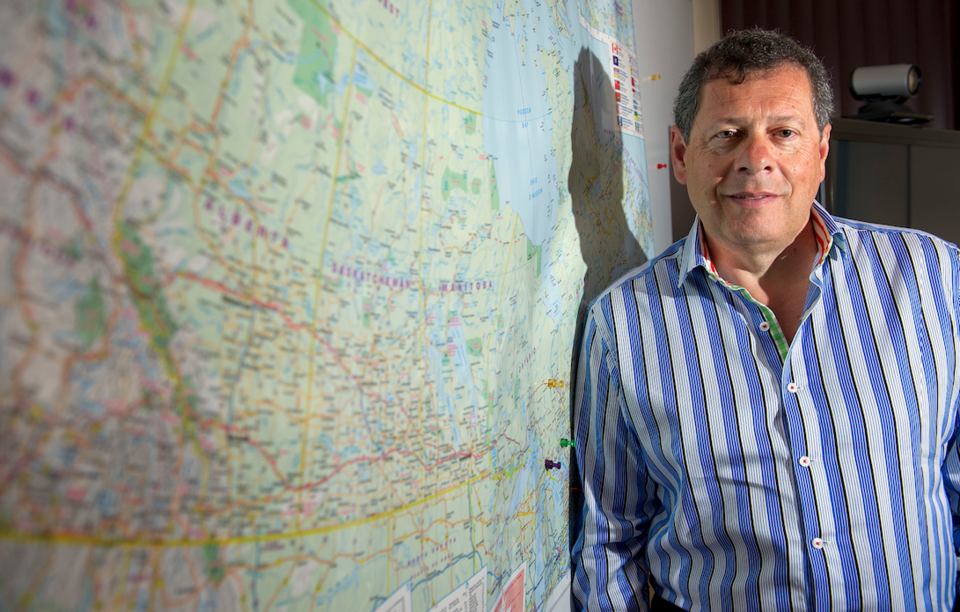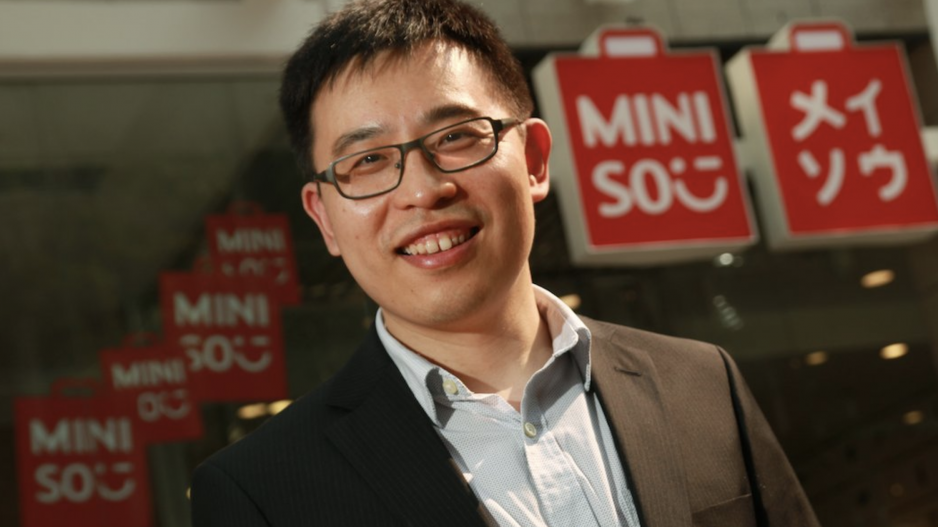China-based variety store Miniso has launched one of the more aggressive retail-store rollouts that Metro Vancouver has seen in recent years.
The value-priced merchant that sells Japanese-designed products is opening three stores this month, on the heels of two other store openings since April.
Its vice-president of development, Yi Ma, told Business in Vancouver that he expects Metro Vancouver to have more than 15 Miniso stores by this time next year.
“We anticipate 30 to 50 stores to be open Canada-wide over the next year,” he said.
So far, three-year-old Miniso has 1,800 stores worldwide, including Canadian stores that opened first at 1256 West Broadway, then in Tsawwassen Mills Outlet Mall and earlier this month at 550 Granville Street. Stores at Simon Fraser University’s Burnaby campus and near Richmond’s Brighouse station are slated to open later this month.
Openings later in 2017 include stores in Park Royal Shopping Centre, Guildford Town Centre, Sevenoaks Shopping Centre, Coquitlam Centre and Lynn Valley Centre.
All of the stores will be either corporately owned or owned by a joint venture with a silent partner, Ma said.
Miniso’s long-term plan is to sell stores to Canadian franchises, but Ma said size of one-time fees, royalty payments and other future franchising details have yet to be determined.
Daiso, which is in Aberdeen Centre, and its sister brand Yokoyaya, which is in International Village, are likely the closest competitors to Miniso in Metro Vancouver because each of those three brands sell Japanese-designed items that are made at low-cost Chinese factories.
Aberdeen Centre owner Thomas Fung, who owns North American master franchise rights to Daiso and has an interest in Yokoyaya, met Miniso representatives before Miniso embarked on its Canadian expansion, he told BIV.
“We met with them in China and talked about a joint venture,” Fung said. “But I don’t see much benefit in working together.”

(Image: Thomas Fung owns Aberdeen Centre as well as master franchise rights for Daiso in North America | BIV archives)
Fung expects to eventually have more Daiso franchises but none are imminent.
The major differences between Daiso and Miniso, according to Fung, are that:
•the product mix is different: Daiso carries more housewares; Miniso carries more electronics;
•Daiso’s store is much larger (26,000 square feet) compared with the Minisos in Metro Vancouver (between 2,700 and 5,000 square feet);
•Daiso has about 10,000 different individual items – more than three times the number of individual items that Miniso sells; and
•Daiso’s items, which start at about $2, tend to be less expensive than Miniso’s items, which start at between $3 and $5.
“Some of [Miniso’s] items are over $5, like Bluetooth speakers,” Ma said. “They are over $5 to something between $19 and $24.”
Retail Insider Media owner and retail analyst Craig Patterson said he has seen and been impressed with the quality of Miniso items, such as cutlery and underwear.
“Miniso stores are inexpensive. They have what they say are high-quality products, and they carry the Miniso brand. Even their USB sticks say Miniso on them.”
Ma emphasized that Miniso is not in the dollar-store retail segment, but Patterson said some dollar-store customers could be lured into spending a little bit more at a Miniso location.
“For a retailer like a Dollarama [Inc. (TSX:DOL)] or the Canadian division of Dollar Tree [Inc. (Nasdaq:DLTR)], I’d be concerned.”
Dollar Tree Canada’s Vancouver-based president Joseph Calvano agreed with Patterson that Miniso could be considered competition, although he stressed that his dollar-store chain is unique in that every item has a $1.25 price point and that the chain’s product assortment includes snacks as well as traditional dollar-store items.
“I’ve definitely heard of Miniso and seen their store,” he said. “They’ve done extremely well in Asia and around the world so they definitely have a solid concept. They are higher priced than we are, and their assortment is quite a bit different.”

(Image: Dollar Tree Canada president Joseph Calvano founded Dollar Giant with a first store in 2001 at Cameron Avenue and North Road in Burnaby | Richard Lam)
Calvano founded Dollar Giant in 2001 in Burnaby and expanded the company to 86 stores before selling it to Dollar Tree in 2010 for $62 million. Dollar Tree had no Canadian locations at that time.
Calvano has since more than doubled the size of the chain, and he now oversees 225 stores Canada-wide. •




